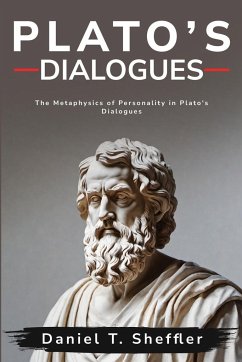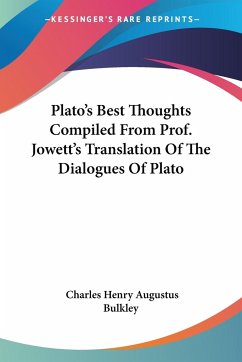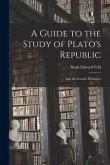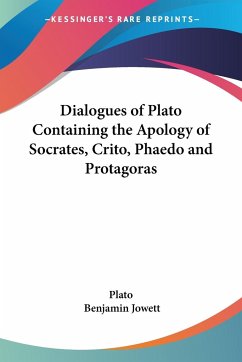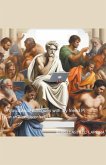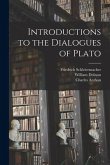Anyone who has the least familiarity with the philosophy of Plato will have heard something or other about the soul. The literature on the tripartite theory of the soul alone runs to many thousands of pages, Many undergraduate students will have some notion, more or less vague, that Socrates preaches an opposition between body and soul before he dies. Despite the ease with which we speak about the soil in Plato's dialogues, however, we may find it rather difficult to speak about the self. We may intelligibly ask whether all the things Socrates says about his soul are things he would say about himself. Before we can answer this question and engage in the serious business of working out Plato's theory of the person or the sell, we must confront a tricky historical problem. On one interpretation of intellectual his tory the concept of the self or the person only arises within the context of modern, especially post Cartesian, thought. On another interpretation of this history, these concepts come from Christian theological reflection. Both interpretations pose a difficult problem for the scholar who wishes to work out Plato's theory of the self, since it may be that such a scholar would simply be searching in vain, anachronis tically imposing upon texts a concept that would be foreign to their author.
